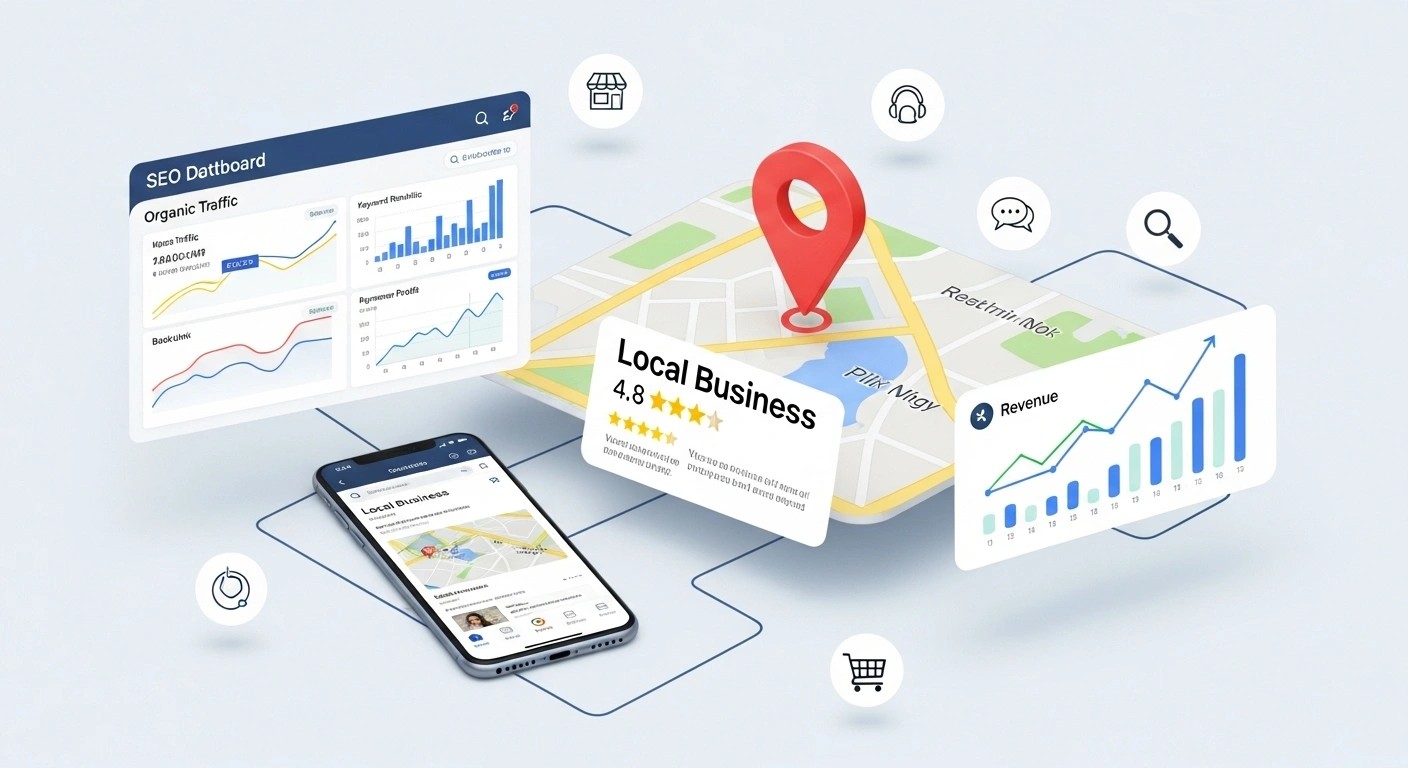Local SEO strategies are essential for small businesses in 2025; word-of-mouth and foot traffic alone will not be sufficient for small businesses to succeed. Being well-represented in local search results is crucial because most clients look for local services online. Local SEO tactics help your company show up in these searches, draw in local clients, and boost conversions.
Important actions include creating regular local citations and improving your Google Business Profile. With examples and detailed instructions that any small business can follow, we’ll go over doable tactics to improve your local SEO in 2025.
What is Local SEO and Why It Matters
Optimising your online presence to reach clients in a particular region is known as local SEO. Local SEO makes sure that your company is seen by locals who are actively searching for your goods or services, as opposed to standard SEO, which targets national or international audiences.
For example, a company that uses effective local SEO will rank highly on Google Maps and local listings if someone searches for “best bakery near me” in your city. Small businesses can no longer afford to overlook local SEO tactics because of this.
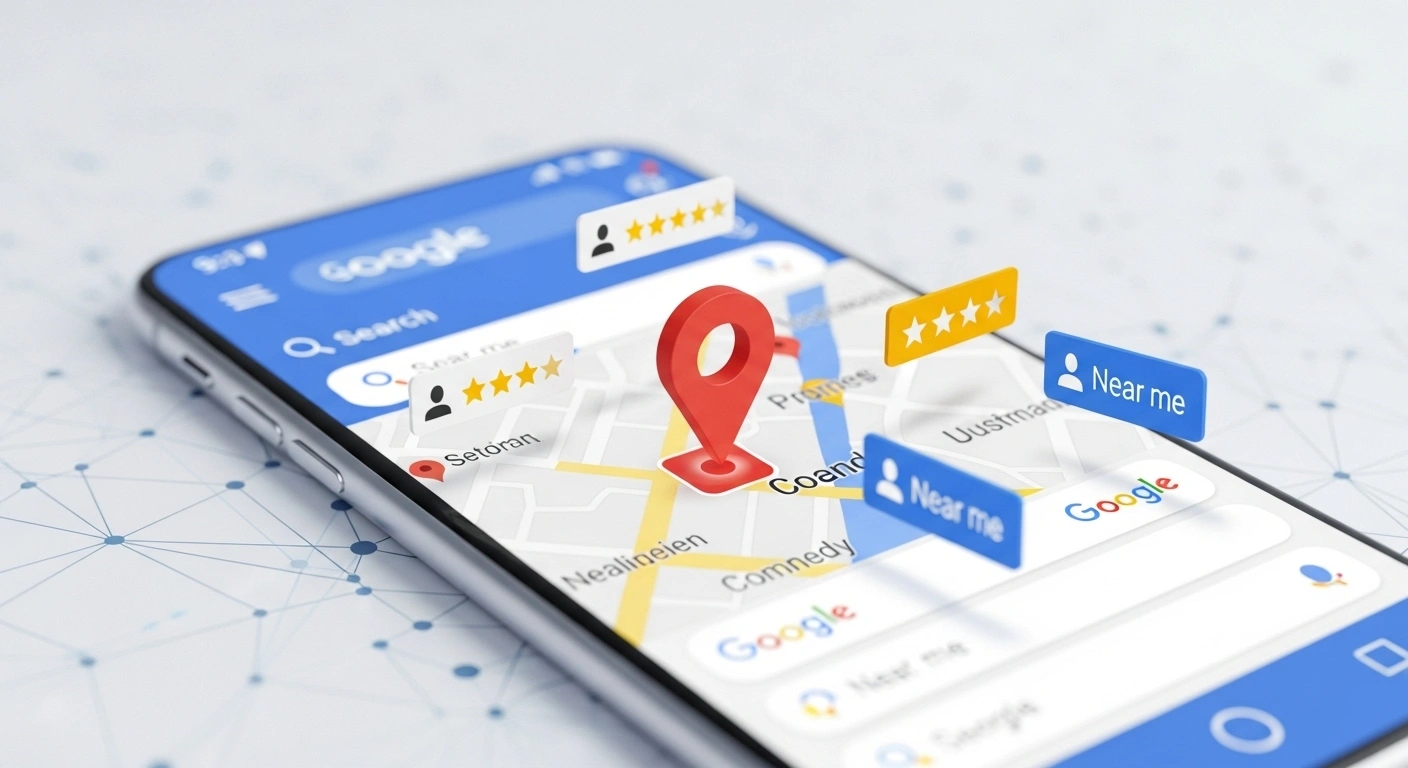
Benefits of Local SEO for Small Businesses
Optimize Your Google Business Profile
Your Google Business Profile is the cornerstone of local SEO. Follow these steps to maximise its impact:
- Complete Every Section: Ensure your business name, address, phone number, website, hours, and category are accurate.
- Add High-Quality Photos: Include pictures of your store, products, or services. Businesses with photos receive 42% more requests for directions.
- Encourage and Respond to Reviews: Positive reviews improve credibility, and responding shows excellent customer service.
- Use Posts and Updates: Regularly share promotions, events, or announcements to keep your profile active.
A fully optimised profile improves your chances of appearing in the Google Map Pack and local searches.
Build Accurate Local Citations
Local citations are mentions of your business online, usually including your NAP (Name, Address, Phone number). They signal trustworthiness to search engines and improve local rankings.
Tips for effective citation building:
- List on Reputable Directories: Include platforms like Yelp, Yellow Pages, TripAdvisor, and industry-specific directories.
- Ensure NAP Consistency: Double-check that your business information is identical across all listings.
- Regular Audits: Remove duplicates or outdated listings to maintain accuracy.
Proper citations boost search engine trust and make it easier for potential customers to find your business.
Conduct Local Keyword Research
Keyword research is the backbone of any SEO campaign. For local SEO:
- Include Location-Based Keywords: Examples include “plumber in Karachi” or “coffee shop near me”.
- Use Service-Specific Keywords: Combine your service and location, like “emergency locksmith Lahore”.
- Focus on Long-Tail Keywords: More specific searches often have less competition and higher conversion rates.
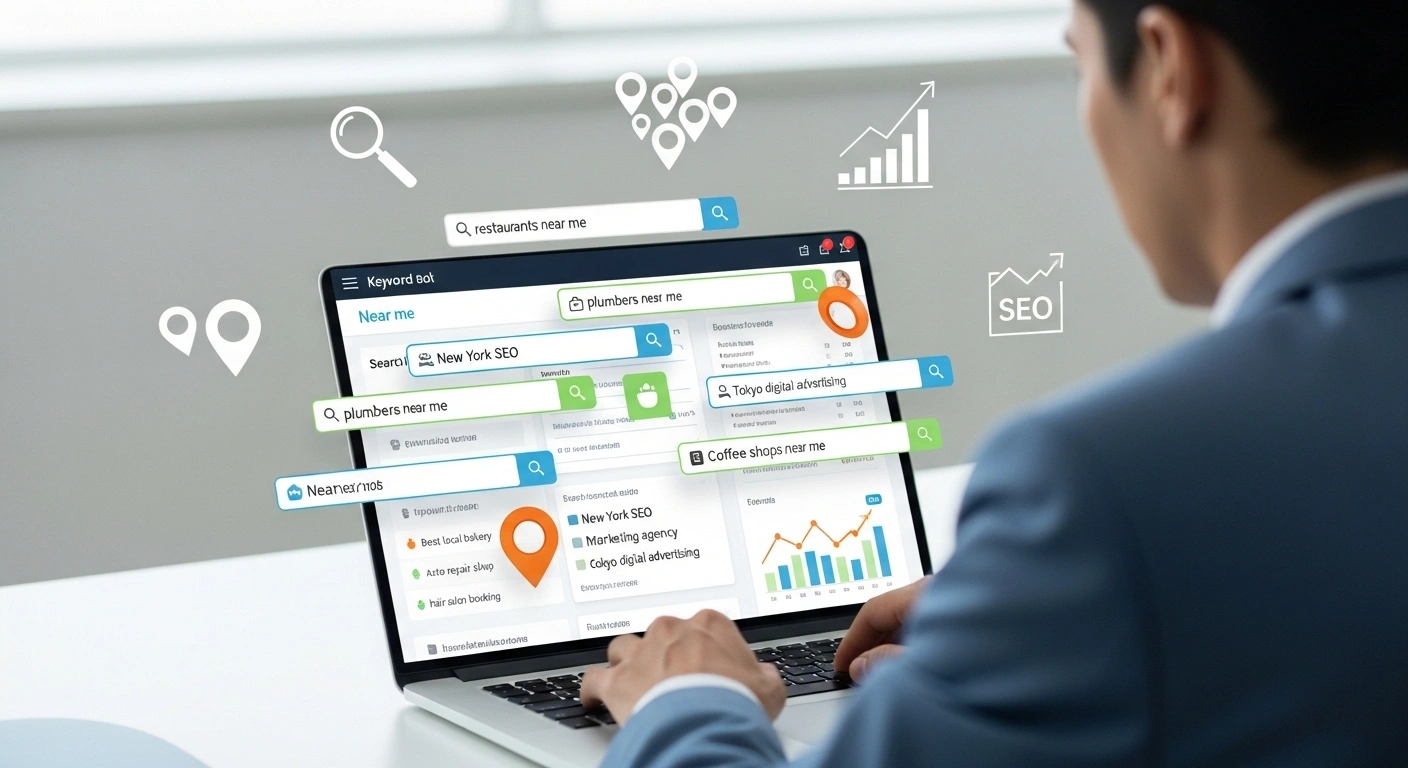
Tools like Google Keyword Planner, Ahrefs, and SEMrush can help identify high-performing local keywords. You can integrate them naturally into your website, blog posts, and listings.
Optimize On-Page SEO for Local Search
Your website plays a significant role in local SEO. Here’s how to optimise it:
- Title Tags and Meta Descriptions: Include local keywords for better visibility.
- Header Tags: Organise content with H1, H2, and H3 tags, incorporating location terms where relevant.
- Display NAP Information Prominently: Make it easy for search engines and users to find your business details.
- Create Localised Content: Write blog posts or service pages targeting specific neighbourhoods, cities, or regions.
This signals to Google that your business is relevant to local searches.
Ensure Mobile Optimization and Fast Loading Speed
Mobile devices are frequently used for local searches, so your website needs to work well across all screen sizes.
Use responsive design to make sure your website works on tablets and smartphones.
Fast Loading Speed: To increase performance, reduce script usage, compress images, and employ caching.
User-Friendly Navigation: Make it simple to locate services, phone numbers, and directions.
Local search rankings are raised, and user experience is enhanced by mobile optimisation.
Encourage Online Reviews and Manage Reputation
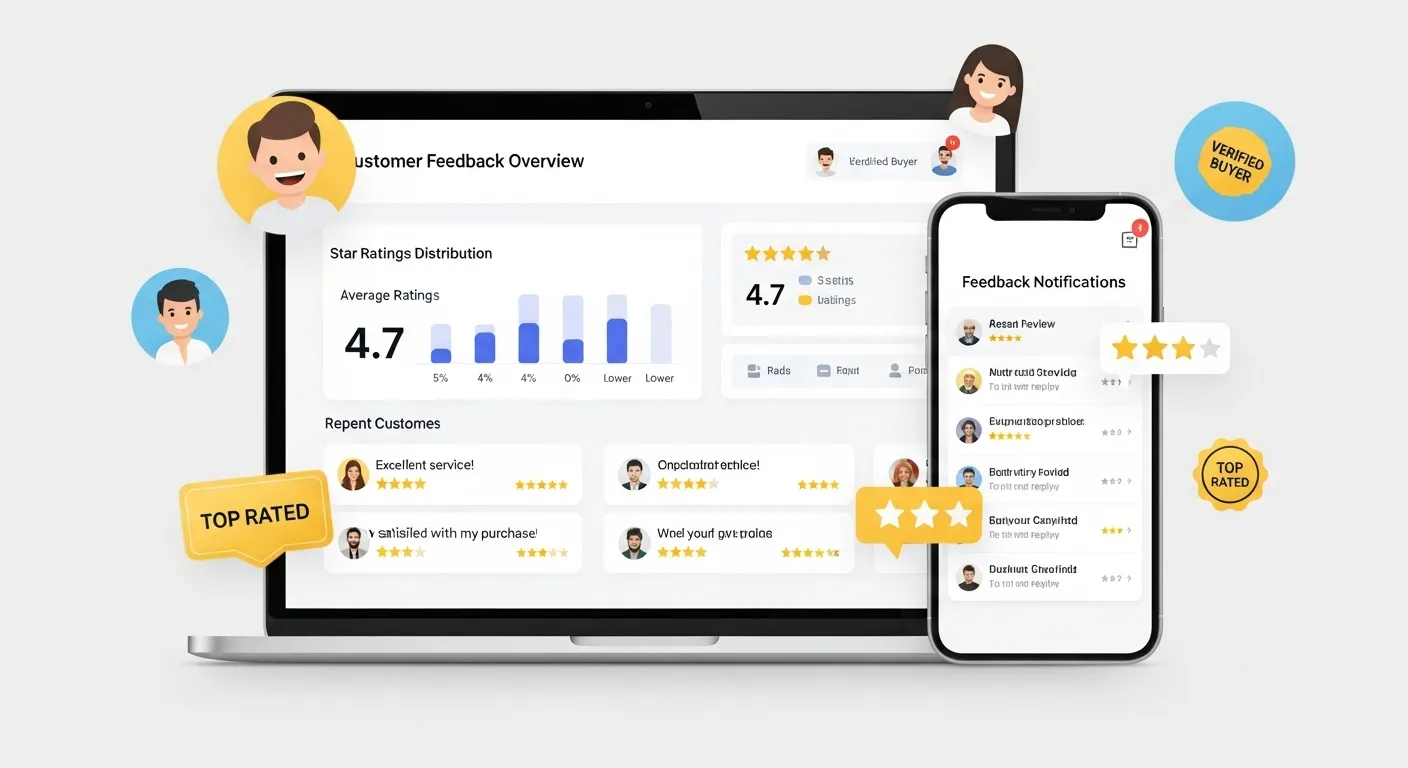
Local SEO rankings are greatly impacted by customer reviews.
Best practices:
Customers should be encouraged to post reviews on Google and other pertinent websites.
React to reviews, both good and bad, in a professional manner.
Resolve complaints as soon as possible to show your dependability.
Building trust and increasing the possibility of turning local searchers into customers are two benefits of having a strong review profile.
Build Local Backlinks
For search engines, local backlinks indicate relevance and authority.
Techniques for obtaining backlinks:
Collaborate on cross-promotions with nearby companies.
Support charitable causes, events, or neighbourhood initiatives.
For coverage or feature articles, get in touch with the local press.
Local backlinks raise your company’s search engine rankings by establishing it as an authority in your community.
Common Local SEO Mistakes to Avoid
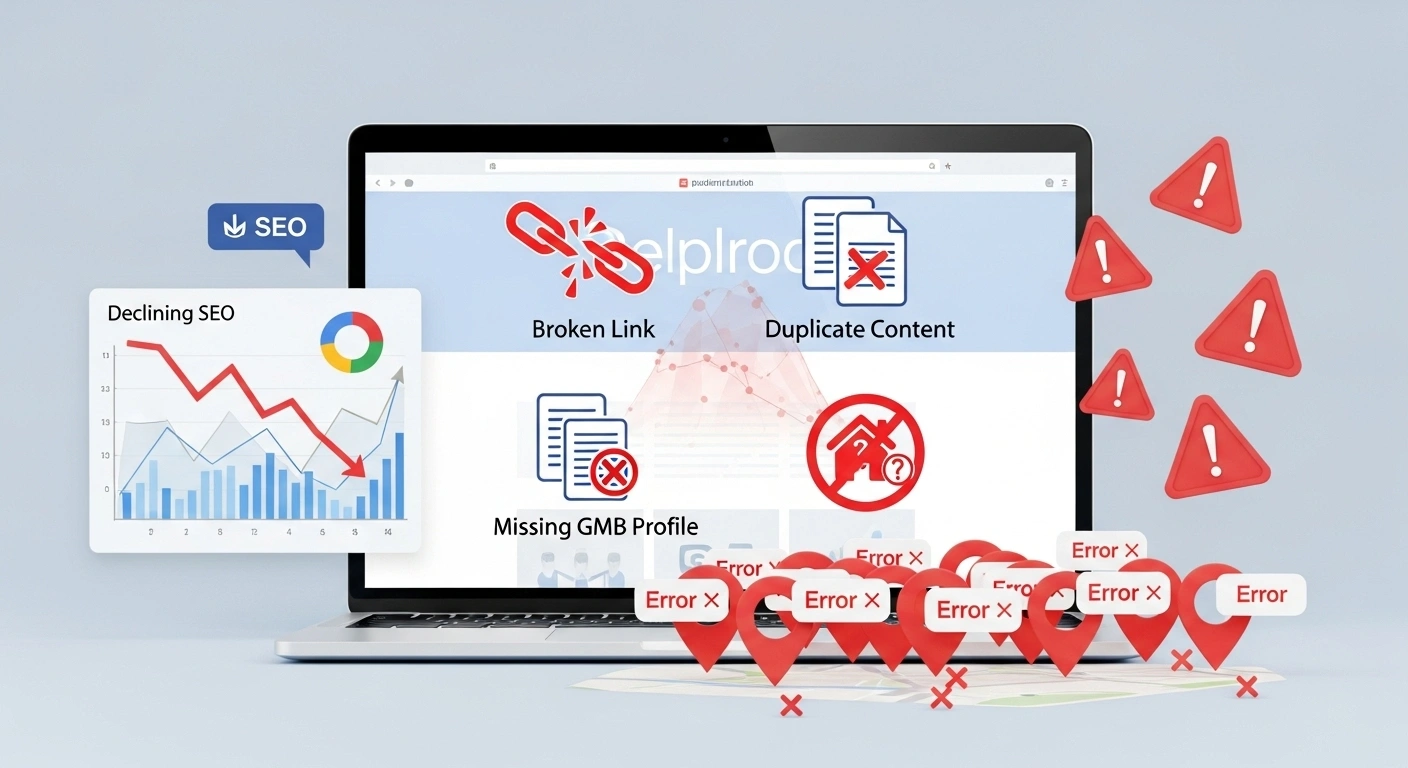
Your performance can be affected by even minor mistakes:
Unreliable NAP Information: Perplexing consumers and search engines.
Ignoring Reviews: Chances to increase credibility are lost.
Duplicate listings can lower rankings and erode trust.
Overusing keywords detracts from SEO and readability.
These frequent problems are avoided by careful management and routine audits.
Measuring the Success of Your Local SEO Efforts
Strategies can be improved by tracking results. Important metrics consist of:
Google Business Profile Insights: Monitors engagement, views, and searches.
Website analytics: Tracks conversions, leads, and local traffic.
Keyword Rankings: Verifies where your primary and secondary keywords are located.
Customer Interactions: Assesses phone conversations, messages, or website visits brought about by local searches.
These metrics show what is effective and what requires development.
Conclusion
In 2025, small businesses must put into practice efficient local SEO strategies. You can increase sales, draw in more local clients, and outperform rivals by refining your on-page and off-page SEO, creating regular local citations, and optimising your Google Business Profile.
Put these practical tactics into practice right now, and you’ll see an increase in the local online visibility of your company.
Need help with local SEO? Contact Us Here to get expert guidance and tailored strategies for your business.
Frequently Asked Questions (FAQs)
What are local SEO strategies for small businesses?
Local SEO strategies are techniques used to optimise your business for location-based searches. They include optimising your Google Business Profile, building local citations, using location-specific keywords, managing online reviews, and earning backlinks from local websites.
How does Google Business Profile help with local SEO?
A well-optimised Google Business Profile helps your business appear in Google Maps and local search results. It enhances visibility, attracts customer reviews, and provides essential details such as contact information, business hours, and services.
What are local citations in SEO?
Local citations are online mentions of your business’s name, address, and phone number (NAP). Consistent citations across trusted directories like Yelp, Yellow Pages, or TripAdvisor boost your business’s credibility and help search engines trust your location data.
How long does it take to see results from local SEO?
Most small businesses begin to notice improvements from local SEO strategies within 3 to 6 months, depending on the level of competition, consistency, and quality of the optimisation efforts.
What is the difference between SEO and local SEO?
Traditional SEO focuses on ranking a website nationally or globally, while local SEO targets customers in specific geographic areas. Local SEO emphasises proximity, relevance, and trust factors to rank higher in “near me” and city-based searches.

